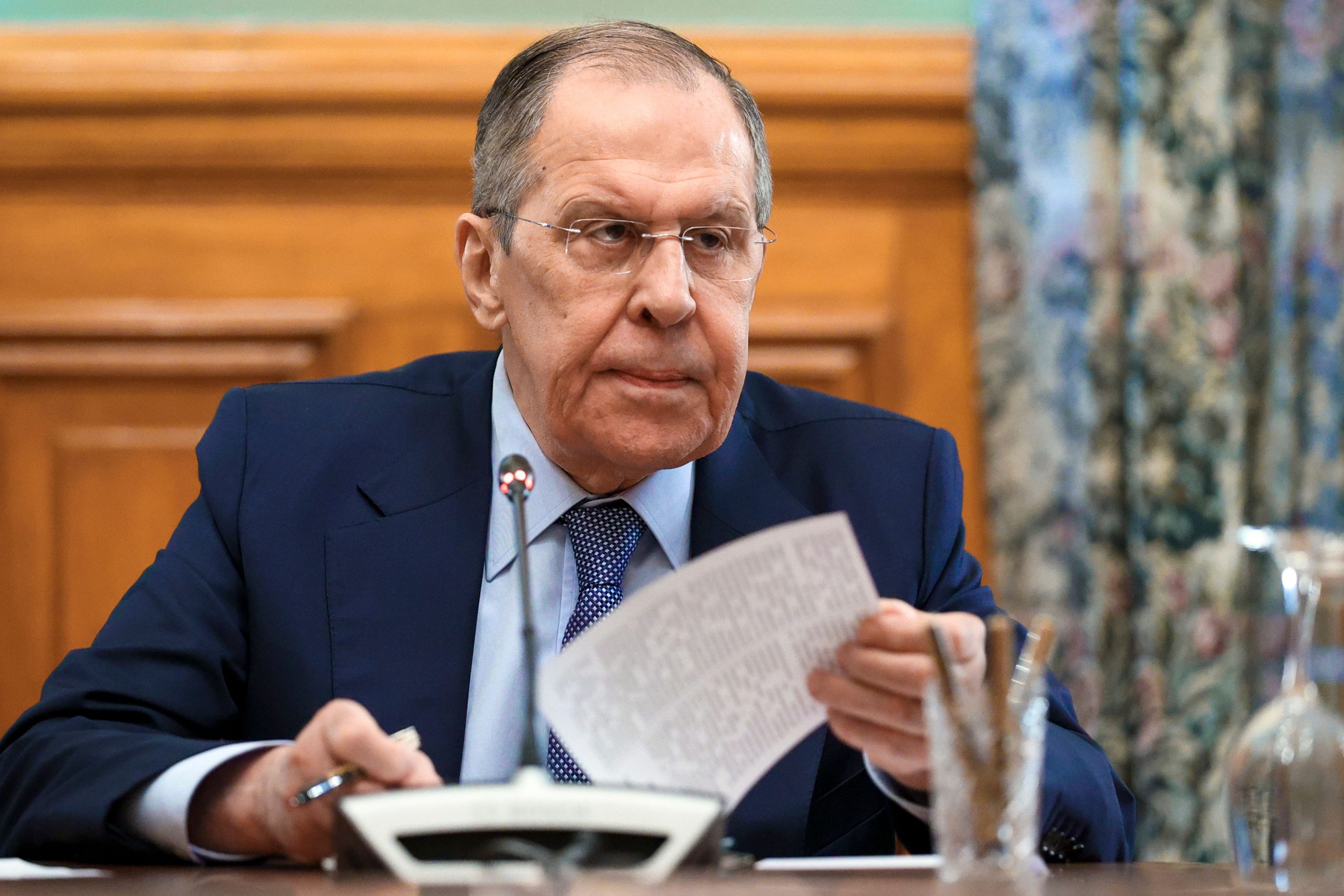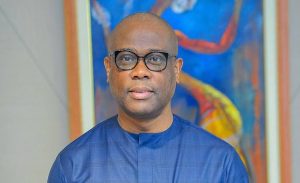The Russian Finance Minister Sergey Lavrov voiced his support for India becoming a permanent member of the Security Council during the 77th session of the UN General Assembly.
Lavrov said in a statement, “We see prospective of making Security Council more democratic via representation of countries from Africa, Asia, and Latin America. India and Brazil, in particular, are key international actors and should be counted for permanent membership in council.”
Also read: Volodymyr Zelensky calls on new Russian troops to sabotage, hide, avoid summons
Recently, the United States has also made it clear that it supports India joining. In his speech to the UN general assembly, US President Joe Biden unequivocally stated that America supports India’s request.
Additionally, there is a growing call for G4 nations (Germany, Japan, Brazil, and India) to join the UNSC permanently and to represent African nations.
32 nations, including India, have so far demanded immediate and thorough UNSC reforms to bring the organisation into line with the requirements of the contemporary world.
The Joint Statement’s signatories agreed that multilateralism needs to be improved and effective if a sustainable world is to find answers to problems like poverty, terrorism, pandemics, global food security, and climate change.
Also read: United Nations reforms: How countries reacted
Brazil, Dominica, Grenada, Haiti, India, Jamaica, Mongolia, Nigeria, Papua New Guinea, South Africa, and Vanuatu are among the signatories.
S. Jaishankar, the minister of external affairs for India, hosted a G4 session on Thursday. He subsequently tweeted, “Reiterated our joint commitment to work towards text-based negotiations that lead to reformed multilateralism. Will continue our cooperation towards the goal.”
India is willing to assume more responsibility, negotiations for the urgently required UN Security Council reforms shouldn’t be stalled by procedural barriers, and detractors cannot keep the process “hostage in perpetuity,” EAM Jaishankar added, in a subtly directed criticism of China.
Also read: Ukrainian President Volodymyr Zelensky’s UN speech: 3 key takeaways
India will conclude its two-year term as a non-permanent member of the 15-nation UN Security Council in December of this year, at which point it will chair the Council.
Jaishankar added that the appeal for reformed multilateralism, with changes in the Security Council at its core, enjoys strong support among UN members, underscoring India’s belief that multipolarity, rebalancing, fair globalisation, and reformed multilateralism cannot be maintained in limbo.
“It does so because of the widespread recognition that the current architecture is anachronistic and ineffective. It is also perceived as deeply unfair, denying entire continents and regions a voice in a forum that deliberates their future,” Jaishankar said.
Also read: Russia releases Ukraine’s Azovstal garrison for Putin’s ally, others
Jaishankar added that more voices of reason must be heard in these unrest-filled days and claimed India is both eager and capable to do so.
India has been in the forefront of the UNSC reform movement for years, arguing that the Council should have India as a permanent member because the Council’s current structure does not reflect the geopolitical realities of the twenty-first century.
On October 28 and 29, Mumbai and New Delhi will play home to a special meeting of the Counter-Terrorism Committee, which India is chairing this year. The purpose of the gathering is to raise awareness of the growing use of new technology by terrorists and to discuss strategies for effectively countering this danger.
Also read: Joe Biden at UNGA: 5 things you need to know
Jaishankar said the world has to develop a global framework that reacts to the new technological instruments used against open, diverse, and pluralistic societies, and he invited all member nations to the summit.
“India has always espoused a cooperative, inclusive, and consultative approach to international relations,” Jaishankar said, adding, “We believe and advocate that this is not an era of war and conflict. On the contrary, it is a time for development and cooperation.”







